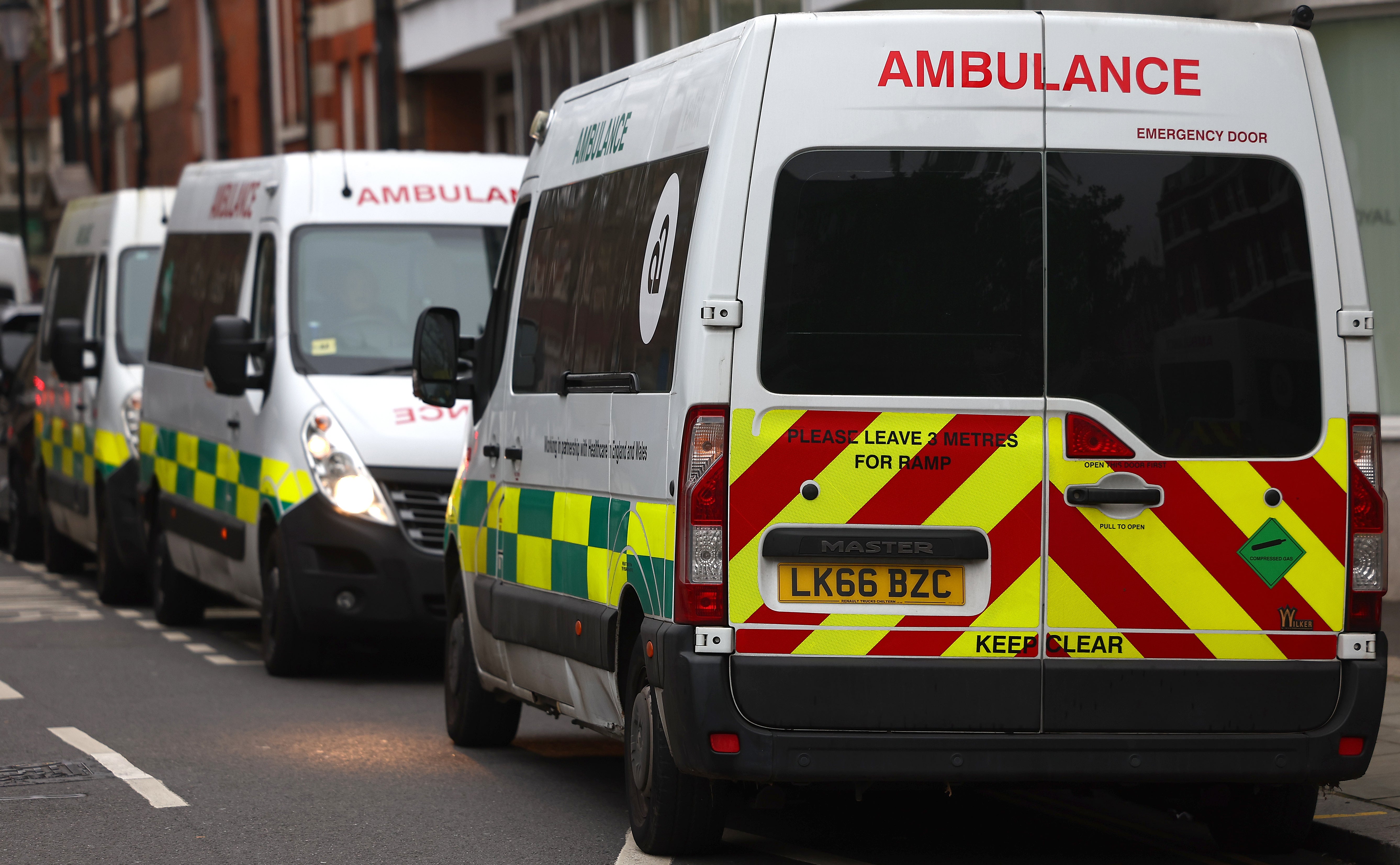
Patients with symptoms of bowel and lung conditions, cancer and heart failure will be fast-tracked for scans and tests, under government plans to cut NHS waiting times.
Under the prime minister’s plans, GPs will be able to directly send people for diagnostic testing, avoiding waits to see consultants first.
People suffering ear, nose and throat, gynaecological, urological and bowel complaints are all set to benefit by receiving their results weeks earlier. Other conditions covered include breathlessness, asthma in young children and post-menopausal bleeding.

The change is among radical shake-up of procedures aimed at reducing waits for millions of patients in England and reducing pressure on the health service.
Currently, many patients sent by their doctor for a scan, X-ray or probe have to wait for an appointment with a consultant before having the test.
Sir Keir Starmer is also set to announce on Monday that thousands of patients in England will be offered a “same-day service”, including a follow-up consultation on the same day as their scan or test, enabling more people to get the all-clear or start treatment more quickly.
Labour says it wants to ensure 92 per cent of patients receive care within 18 weeks of referral within the next five years, and has pledged to deliver an extra 2 million NHS appointments a year to meet that target.
Currently, the waiting list stands at 7.6 million. Figures show that at the end of August, 282,664 people in England had been waiting more than a year to start routine hospital treatment.
Sir Keir is set to reveal the shake-up in a speech on Monday, when it’s expected he will outline how resources will be diverted from hospitals into community settings to relieve pressure on services.
Non-medical frontline staff such as GP surgery receptionists will also have “customer service” training, the prime minister will say, and hospitals will appoint patients’ experience champions to update and support people on waiting lists.
Routine surgery such as hip and knee replacements will be protected from winter pressures and future pandemics as the capacity for ringfenced elective procedures is expanded, he is expected to announce.

The announcements come three days after health secretary Wes Streeting outlined the first steps towards overhauling the adult social care system, which was widely criticised for in-built delays of at least three years.
Chancellor Rachel Reeves promised in her Budget an extra £22bn over two years for NHS waiting times, but top doctors said they were not convinced Sir Keir’s new plans would work because of the shortage of staff available.
Some also said that without steps to rescue NHS emergency care, which is overwhelming some hospitals, Sir Keir’s plans would fail.
Many hospitals are currently swamped by patients with flu.
Tim Mitchell, president of the Royal College of Surgeons of England, told The Times: “Too many patients are enduring months of pain and anxiety on waiting lists, so a new plan for reducing waiting times will be very welcome,” but added that the government was “likely to fall short” of its target of seeing 92 per cent of patients within 18 weeks at the current pace of improvement.
Tim Cooksley, a former president of the Society for Acute Medicine, which represents hospital doctors, told The Guardian: “The innovative elements of the elective recovery plan are welcome. Direct access to services, reducing bureaucracy and streamlining processes are key implementations for NHS recovery.
“However, the grave concern is that this fails to recognise that, without emergency care recovery, this elective plan will inevitably and predictably fail.
“There is insufficient workforce and capacity to meet the demands of an increasingly ageing population with multiple health issues, with simply no resilience to cope with any excess strain, such as winter viruses.
“Hospitals are already bursting at the seams. The concept of continuing to ringfence elective beds whilst patients are dying, receiving degrading corridor care in emergency departments, is immoral and deluded.”







